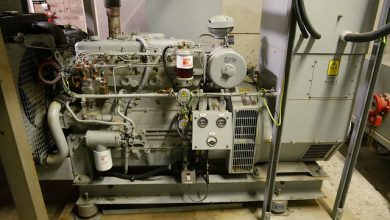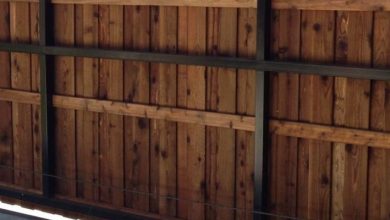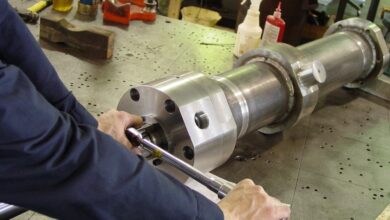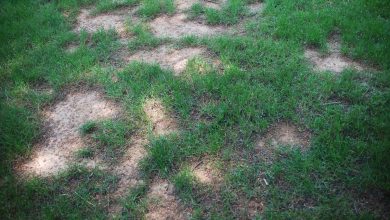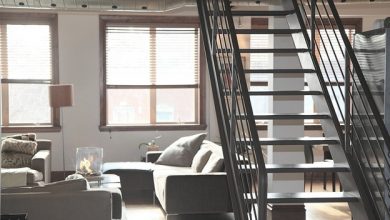Licensed Plumber Works To Secure Your Home

When constructing your home, you will need a licensed plumber to make your walls water resistant and secure them from moisture.
This is specifically vital for those who live in the areas that receive a lot of rainfall or experience extreme humidity, as these climate condition can cause your walls to remain moist for a long period of time and trigger wetness to travel through the layer of paint and affect the internal structure. Not only will it make your home look hideous, but it can likewise bring about mould infestation and cause irreparable structural damages. This can intimidate the foundation of your house.
Why do we get leaks
The wall surfaces of a lot of buildings these days have enhanced concrete vertical columns with strengthened ring beams along the top that supply the durability. The areas between the columns and beams has an infill of light cinder blocks or soft local red bricks with a skim of hard concrete on the surface. The strengthened concrete is usually very inadequately made with cracks and cavities in it and the infill resembles blotting paper (sorry you could not remember that, like a sponge).
This kind of framework is really inflexible and the ordinary earthquakes we get in Bali (yes we get whole lots, typically so little we do not even observe them but now and again one that will arouse you up in the evening) and these routine ground activities result in splits in structures usually via the walls of buildings.
It is also very unusual to find a tradesman who will work rationally through the signs and symptoms of a trouble and precisely recognizing the reason instead of taking the easy way out and treating the first thing he sees.
Rising damp
This is really usual in Singapore where damp proof courses are not mounted but it can be taken care of if you know how. Like poaching an egg this is not a task you would rely on individuals who don’t understand what they are doing. The solution is to cut out a straight slit throughout the bottom of the wall and full length of the wall indeed this requires excellent care and for evident factors you don’t do it at one time. You then fill up the slit with high density cement. This is known as a sloof and will stop water rising inside the wall from the ground below.
Waterproofing materials used
There are 3 primary types of paints offered out there to waterproof a wall:
- Masonry Paints
- Acrylic Paints
- Epoxy Paints
These paints work wonderful when it concerns waterproofing outside walls and even shower rooms. However they most likely won’t offer adequate waterproofing for cellars and roofing systems.
Additionally, refrain from applying waterproof paint (or any other type of waterproof finish) on top of a moist wall surface. You first need to determine and eliminate the issue prior to taking such preventive measures.
Silicate Concrete Sealant
Silicate-based concrete sealer perhaps a bit more costly than other choices on the list, but it is likewise among one of the most effective methods to waterproofing basement walls and roofs to name a few surface areas.
Silicate sealants pass through into cement and chemically react with the surface area to form calcium silicate hydrate. It then fills up concrete pores and develops an obstacle against moisture. If done effectively, it also raises the density and sturdiness of concrete without altering its appearance.


